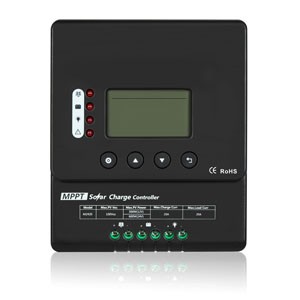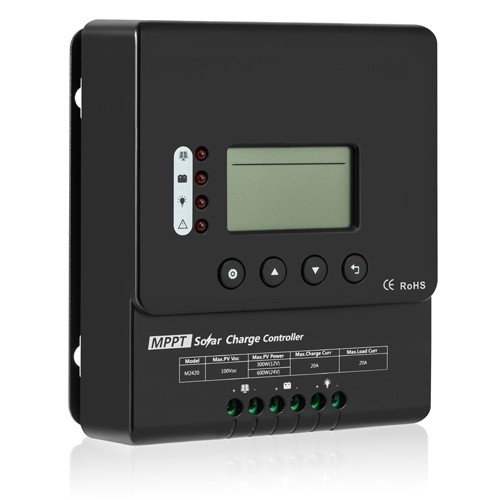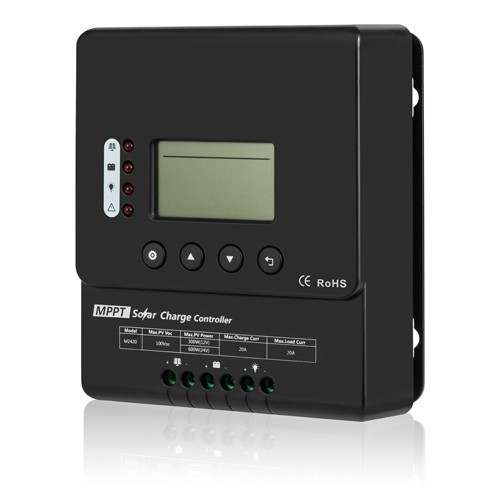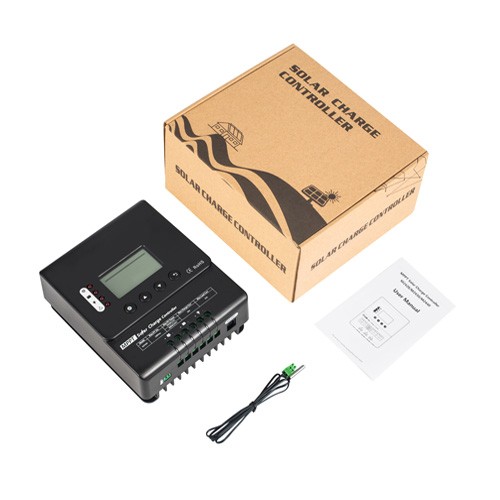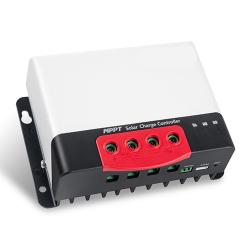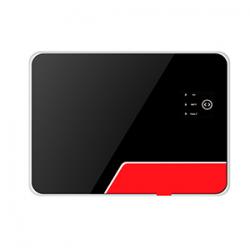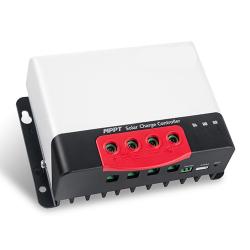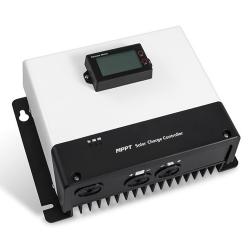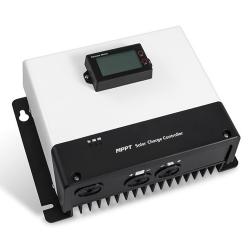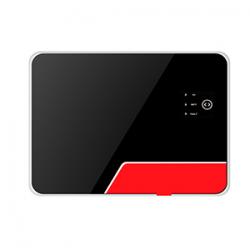Description
APODON 20A MPPT Solar Controllers
Product Features
Thanks for using our product. This solar charge controller is typically a device for solar
charge regulation and discharge output control, adopted the latest MPPT charge
algorithm technology for max use of solar power. LCD screen display, parameter settings
allowed, mainly used in small and medium size solar DC power system.
a) Multiply MPPT charge algorithms combined for better use of solar power, ensuring the best
charge efficiency under different environments and weathers.
b) Capable of checking different peak points with different power in the PV array, to make sure
the system is not running at a lower power peak point.
c) Allow max input power with 1.5 times of rated value, and keep the controller charging on the
rated power with no damage.
d) MPPT, boost, equalize, & float charge modes in different charge stages.
e) In the DC load end (20A), with soft starting technology, it’s capable of starting max 80000uf
capacitor or load in equal.
f) Most types of battery can be supported and selected, like AGM (or other sealed type), GEL,
Flooded, and Lithium battery (with various voltage settings), by key setting in the controller.
g) 12V/24V battery system auto recognition for lead-acid type battery or non-lithium type
battery.
h) In no-charge time, the controller will standby in a low power self-consumption mode, with
very little power loss.
I) LCD screen, displaying system working status and setting parameters.
j) User-friendly key press operation, simple and easier.
k) RS485 communication, Modbus protocol adopted.
l) Supports max 100 days’ data record in the backstage system (charge power amount,
discharge power amount, max charge power, max battery volt, lowest battery volt, etc)
m) Multiply output control mode selection: light control mode, light + time control mode, test
& debug mode, manual mode, and always-on mode.
n) Industrial grade design, for better function under extreme environment conditions.
o) Full range of electrical protections, like anti-connection in PV and Battery wiring, load short
circuit, battery over-discharge, system over voltage, controller over heating, and etc.
